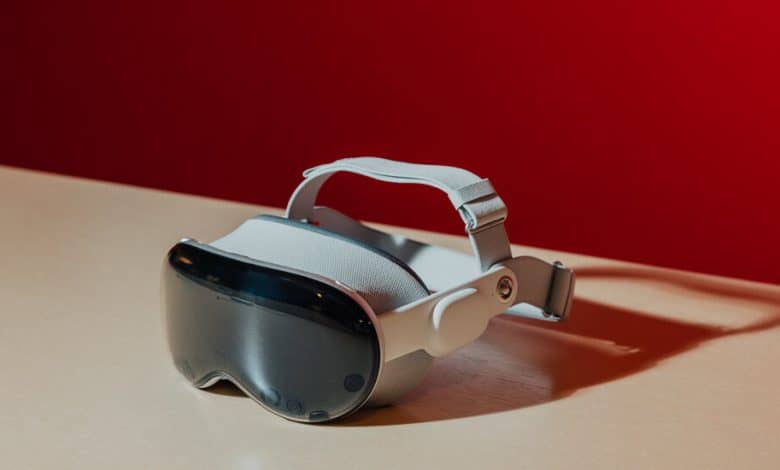Can Apple Rescue the Vision Pro?

When I first got my hands on an Apple Vision Pro early this year, it felt like magic.
I loved the $3,500 “spatial computing” headset, even though I couldn’t really figure out what it was for. For weeks, I took it everywhere, enduring judgmental glares (or were they jealous stares?) from colleagues at the office, strangers at coffee shops and fellow passengers on airplanes. I even used the Vision Pro in the back seat of a self-driving Waymo car, which I believe qualifies me for some kind of “Mr. San Francisco” award.
But novelty fades, and today I barely use the Vision Pro at all. Every few weeks, I strap it to my head to do some focused writing, or watch a movie in bed while my wife sleeps. Otherwise, it sits on a shelf collecting dust.
Apple hasn’t released sales figures, but analysts’ estimates suggest that the device has been a flop, selling fewer units than expected. Social media isn’t buzzing with videos of enthusiastic “Vision Bros” wearing their headsets in public, as it was in the days after the device’s release. Some early adopters returned their Vision Pros for refunds, and lightly used headsets are selling for as little as $2,500 on resale websites.
When I took a casual poll of other Vision Pro owners I know — mostly journalists and tech workers — I learned that few of them were using theirs, either.
“Haven’t touched mine in a month,” one friend texted. “It’s a shame, I was so bullish.”
At its annual developer conference on Monday, Apple announced a few new features for the Vision Pro, including a new version of its VisionOS operating system, new gesture controls and a way of turning old photos into 3-D “spatial photos” that can be viewed on the device. Apple also said it would soon begin selling the Vision Pro in countries including China, Japan and Britain.